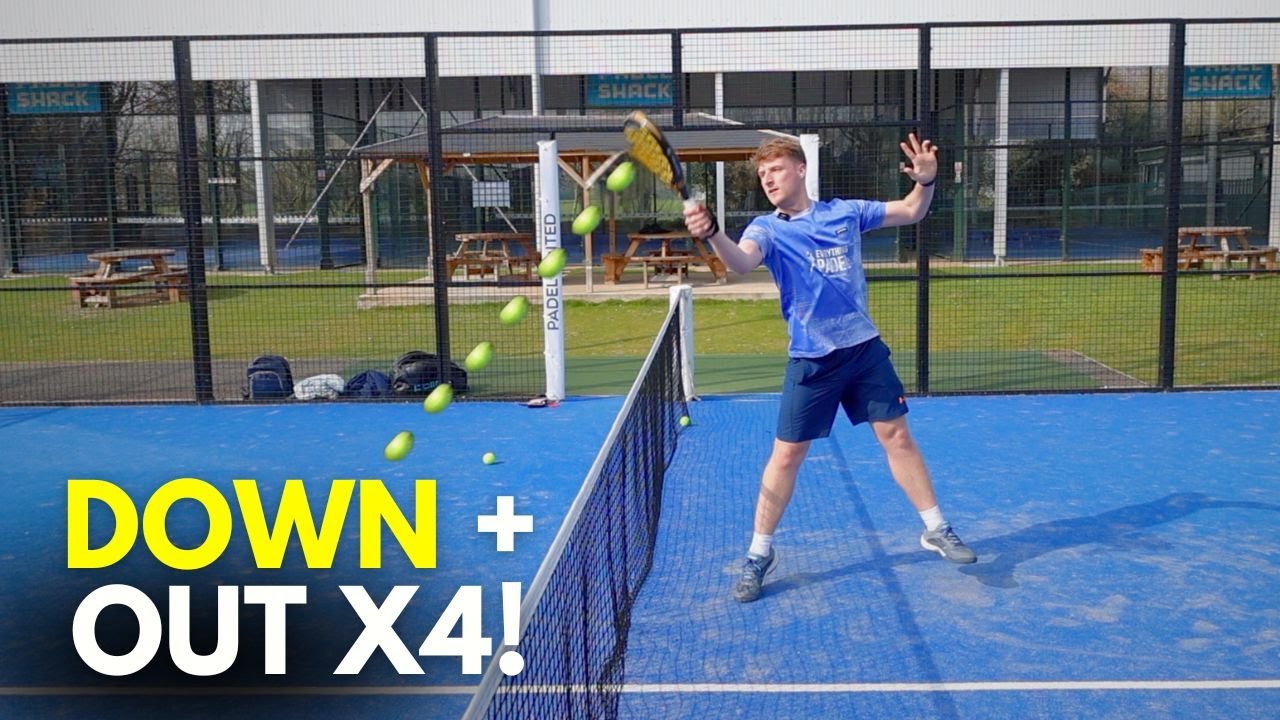
Doping has long been a contentious issue in the world of sports, casting shadows over the achievements of athletes and raising questions about the integrity of competitions. The recent suspension of Iga Swiatek, a five-time Grand Slam champion, has once again brought this issue to the forefront.
Swiatek, a 23-year-old tennis star from Poland, tested positive for the banned substance trimetazidine (TMZ), a heart medication, during an out-of-competition drug test in August 2024. The International Tennis Integrity Agency (ITIA) announced that Swiatek accepted a one-month suspension after the positive test. The ITIA determined that the positive result was unintentional, caused by the contamination of a nonprescription medication, melatonin, which Swiatek was taking for jet lag and sleeping issues.
Despite the suspension, Swiatek’s level of fault was considered to be at the lowest end of the range for no significant fault or negligence. This case highlights the complexities and challenges in the fight against doping, where even unintentional contamination can lead to significant consequences for athletes.
Swiatek’s suspension is a reminder of the ongoing battle against doping in sports and the importance of maintaining strict anti-doping regulations to ensure fair play and integrity in competitions. As the sports community continues to grapple with these issues, the case of Iga Swiatek serves as a poignant example of the delicate balance between vigilance and fairness in the world of professional athletics.
Iga Swiatek in 2024

 WWWWWWWLWW
WWWWWWWLWW Now ranked no.2, Iga played her last match on the 18th of November when she beat world no.4 Jasmine Paolini 3-6 6-4 6-4 in the Rubber 2 in (draw).
This season Iga has a 64-9 match record. The Pole conquered 6 titles in 2024 in Australia, Doha, Indian Wells, Madrid, Rome and French Open.













